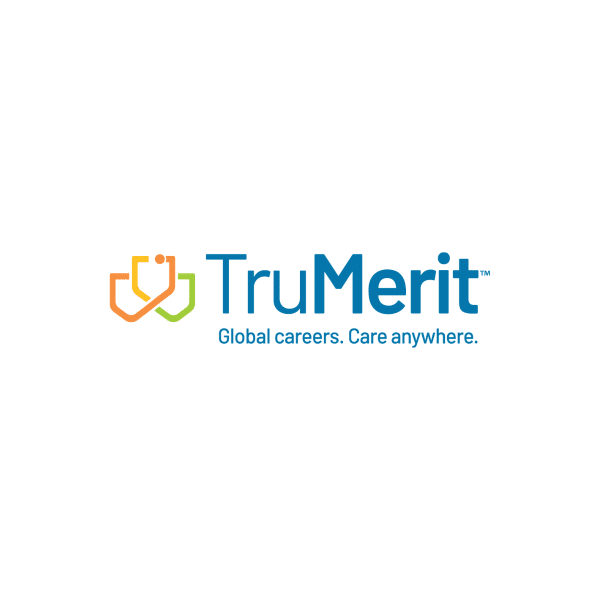Sure! Here’s the translation to American English:
TruMerit™, formerly known as CGFNS International, has expressed its satisfaction with the recent publication of the World Health Organization (WHO) report on the State of Nursing in the World. This report provides a comprehensive assessment of the global nursing situation since the onset of the COVID-19 pandemic, highlighting the urgent need to strengthen the sector.
The document reveals that the shortage of healthcare personnel will continue to rise, reaching a concerning figure of 11 million professionals by the year 2030. This scenario demands a transformation in planning and investment strategies within the healthcare field. Dr. Peter Preziosi, President and CEO of TruMerit and a member of the advisory committee that contributed to the report, emphasized the importance of mobilizing nursing potential to mitigate existing inequalities and improve healthcare worldwide.
Preziosi highlighted the need for non-governmental organizations in healthcare to collaborate with professional societies and patient-centered entities. “We must adopt innovative approaches that recognize the essential role of nurses, who make up the majority of the healthcare workforce, in creating more resilient health systems and promoting universal health coverage,” he stated.
The report indicates that nearly 80% of the world’s nurses are in countries that can only serve half of the global population, a critical imbalance that requires attention. To address this situation, it is imperative to increase quality nursing education and promote professional development that transcends borders.
Among the opportunities presented are advancements in nurse-led care models; over 60% of countries have already implemented Advanced Practice Nursing, which has proven effective in improving care and enhancing equity in healthcare. Additionally, 80% of nurses are at a professional level that presents the challenge of ensuring they can fully exercise their training under updated regulatory frameworks.
The use of digital tools has also emerged as a significant aspect, facilitating specialized consultations in remote areas through telemedicine and artificial intelligence, offering a hopeful future for closing healthcare gaps.
Dr. Preziosi expressed optimism about how serious problems related to the nursing shortage and other challenges can be addressed, stressing that empowering health professionals with knowledge and tools is crucial to tackle current and future health challenges.
via: MiMub in Spanish










